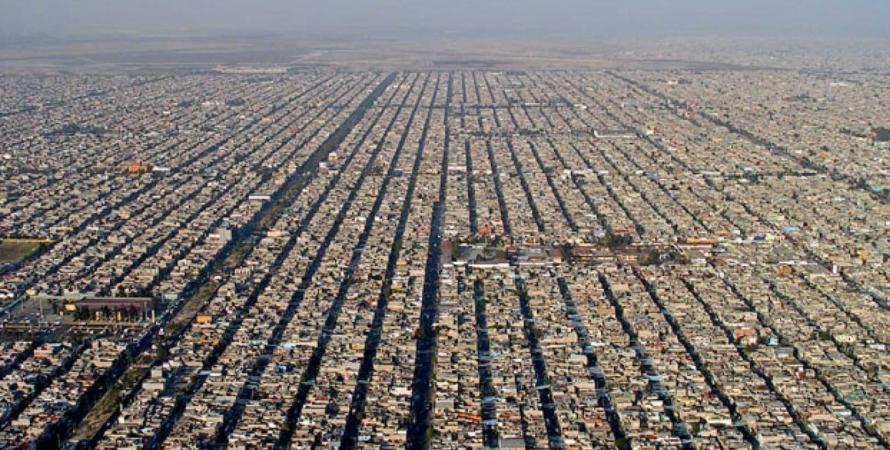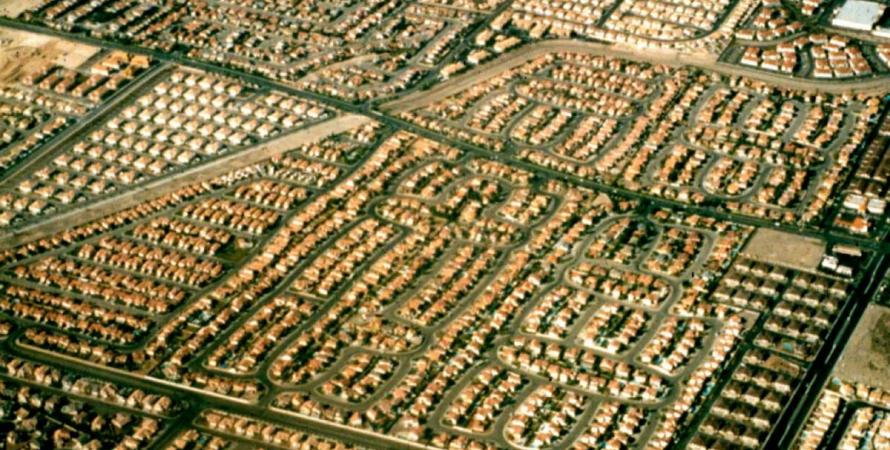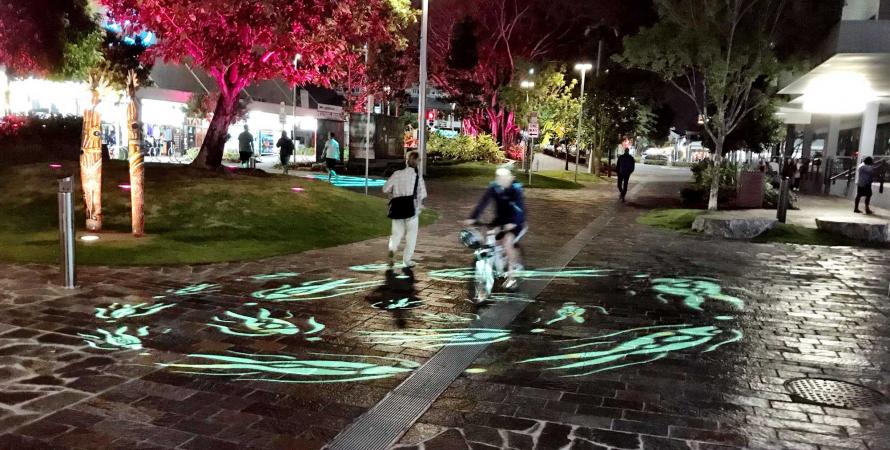-

An international lens on sprawl
As cities around the world are enveloped in sprawl, its health and sustainability problems are going global.Note: This is Part 2 of a two-part series that was written for Doug Kelbaugh's upcoming book THE URBAN FIX: Resilient Cities in the War against Climate Change, Heat Islands and Overpopulation, due out in April of 2019. Here's the link to Part 1 . According to MIT’s Center for Advanced Urbanism, “...Read more -

Reconfronting sprawl: Still paved with good intentions and asphalt
After taking a back seat to urban revival for a decade or more, American suburbs are once again in the driver's seat of growth. Can they be built sustainably?Note: This is Part 1 of a two-part series that was written for Doug Kelbaugh's upcoming book THE URBAN FIX: Resilient Cities in the War against Climate Change, Heat Islands and Overpopulation, due out in April of 2019. No one better reveals the problems of sprawl than David Owen in his precocious,...Read more -

The water will come
Rising sea levels will create massive displacement in coming generations—here's a number of ways that people and communities will transition from low-lying to higher locations and conditions.Sea level rise is considered a distant problem by millions today; either distant in years, distant in miles, or both, but they are greatly mistaken. I’ve just finished the book The Water Will Come , much of which is set in Miami Beach, where I live. For Wanda and I, the problem is here, and now. I...Read more -

Empowering lessons for livable places
Thanks to the Australian-American Fulbright Commission and UN-Habitat's World Urban Campaign, fundamental relationships at the heart of urban public health and livability are under scrutiny in tropical Australia.In The City in History , Lewis Mumford once properly characterized the essence of cities as a dynamic that unfolds between two poles of human life: "movement and settlement." Between these poles, we see the intersection of the built and natural environments, and the ongoing interaction and...Read more